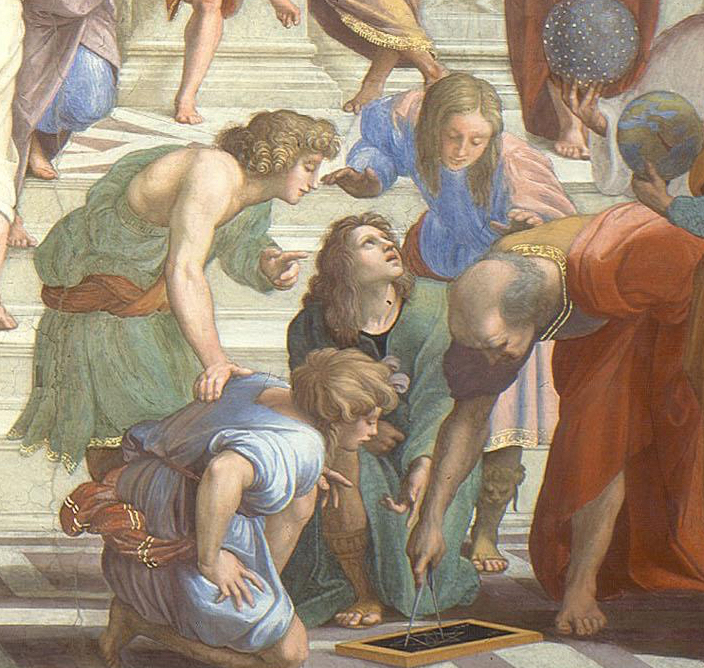Edward Matthew Ward, Doctor Johnson in the Ante-Room of the Lord Chesterfield Waiting for an Audience, 1748 (1845)
(Click the image for a lightbox view)
Dr. Johnson hoped to obtain financial support and encouragement from Lord Chesterfield, who had already approved the plan for Johnson’s dictionary. However, when Johnson went to visit Lord Chesterfield, he was kept waiting an inordinate length of time in the antechamber, surrounded (as Ward would have us believe) by a motley gathering of sychophants and favor seekers.
Here is Boswell’s account of the incident:
“The world has been for many years amused with a story confidently told, and as confidently repeated with additional circumstances, that a sudden disgust was taken by Johnson upon occasion of his having been one day kept long in waiting in his Lordship’s antechamber, for which the reason assigned was, that he had company with him; and that at last, when the door opened, out walked Colley Cibber; and that Johnson was so violently provoked when he found for whom he had been so long excluded, that he went away in a passion, and never would return.”
In the background on the right, we see Lord Chesterfield himself, presumably giving audience to Colley Cibber, actor and poet laureate of England. Lord Chesterfield's portrait can be seen over and above Doctor Johnson's right shoulder.
(Click the image for a lightbox view)
Surrounding him a crowd of supplicants awaits their turn with the Great Lord. There is a widow (dressed in black) with her child; a man -- perhaps a naval officer? -- with a wooden leg; a yawning man -- perhaps a cleric? -- with a book; another man with the spurs still on his boots.
At the other side of the anteroom we see a young dandy flirting with a fashionable lady whose arm rests on the shoulder of a black servant who carries a portfolio and a highly decorated, six-string lute or lute-guitar. Her little dog is off-leash, and appears to be barking at Dr. Johnson.
(Click the image for a lightbox view)
Once the dictionary had been published, Chesterfield wrote two favorable accounts of the dictionary; but Johnson suspected that Chesterfield’s public declamations were made solely in the hope that the dictionary would be dedicated to him — a suspicion that elicited the following reply, written on February 7, 1755:






